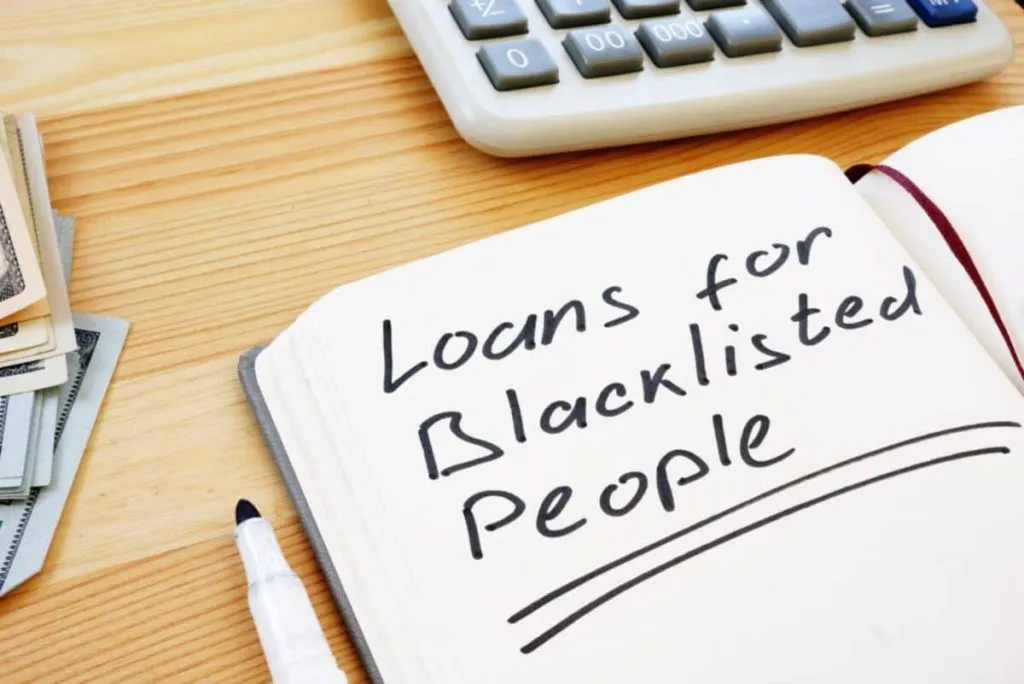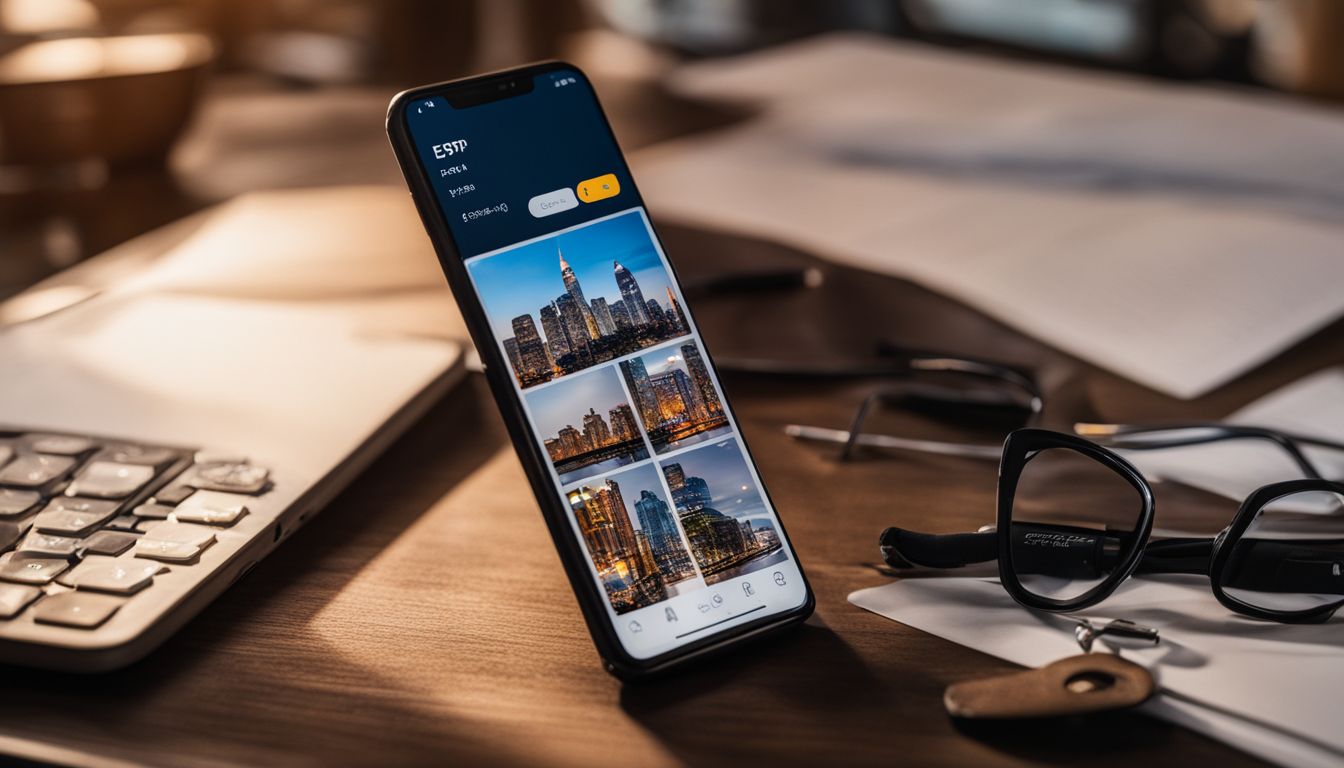In today’s financial landscape, finding yourself on a blacklist can be daunting, especially when it comes to accessing loans. But fear not, because despite the challenges, there are still avenues available for obtaining loans, even if you’re blacklisted in Nigeria. Let’s delve into what you need to know about these loans and how you can navigate the process.
Can I Still Obtain a Loan While Blacklisted in Nigeria?
While being blacklisted may restrict your options with traditional lenders, smaller lenders, fintech companies, and microfinance banks often have more flexible policies. These institutions may not always check the central blacklist database and may prioritize your ability to repay the loan over your past financial history.
What Documents Do I Need for Blacklisted Loans in Nigeria?
Whether you’re blacklisted or not, the documentation required for loan applications remains largely the same across different lenders. As an individual, you’ll typically need your Bank Verification Number (BVN), passport photograph, proof of address, employment letter, and identification documents. For businesses, additional documents such as the memorandum of association, certificate of incorporation, and bank statements may be required.
Are There Any Special Requirements for Blacklisted Loans?
Aside from the standard documentation, blacklisted individuals may need to provide additional proof of credibility to lenders. This could include offering collateral or securing a suitable guarantor to vouch for your ability to repay the loan. While the requirements may seem stringent, they are often necessary to mitigate the risk for lenders.
What Interest Rates Apply to Blacklisted Loans in Nigeria?
Unfortunately, loans for blacklisted individuals often come with higher interest rates and lower credit limits. Lenders determine these rates based on factors such as your income, employment status, and financial history. However, providing collateral can help reduce the interest rate and improve your chances of approval.
How to Find Blacklisted Loans in Nigeria
Finding loans for blacklisted individuals may require some effort, but fintech companies and micro-lenders are often more willing to consider your application. Simply apply for a loan through their platforms, and they’ll assess your creditworthiness before making a decision. While there’s no guarantee of approval, it’s worth exploring these options to secure the financing you need.
Conclusion
While being blacklisted can pose challenges when it comes to accessing loans, it’s not the end of the road. By exploring alternative lenders and providing the necessary documentation, you can still obtain financing to meet your needs. Remember to carefully assess the terms and conditions of any loan offer to ensure it aligns with your financial goals and capabilities.
FAQs
1.Can I get a loan if I’m blacklisted?
Yes, you can still obtain a loan from smaller lenders, fintech companies, and microfinance banks that may not check the central blacklist database.
2.What documents do I need for a blacklisted loan?
Required documents typically include your BVN, passport photograph, proof of address, employment letter, and identification documents for individuals, while businesses may need additional paperwork such as incorporation certificates and bank statements.
3.Are interest rates higher for blacklisted loans?
Yes, interest rates for blacklisted loans are often higher due to the perceived risk by lenders. Providing collateral can help reduce these rates and improve your chances of approval.



